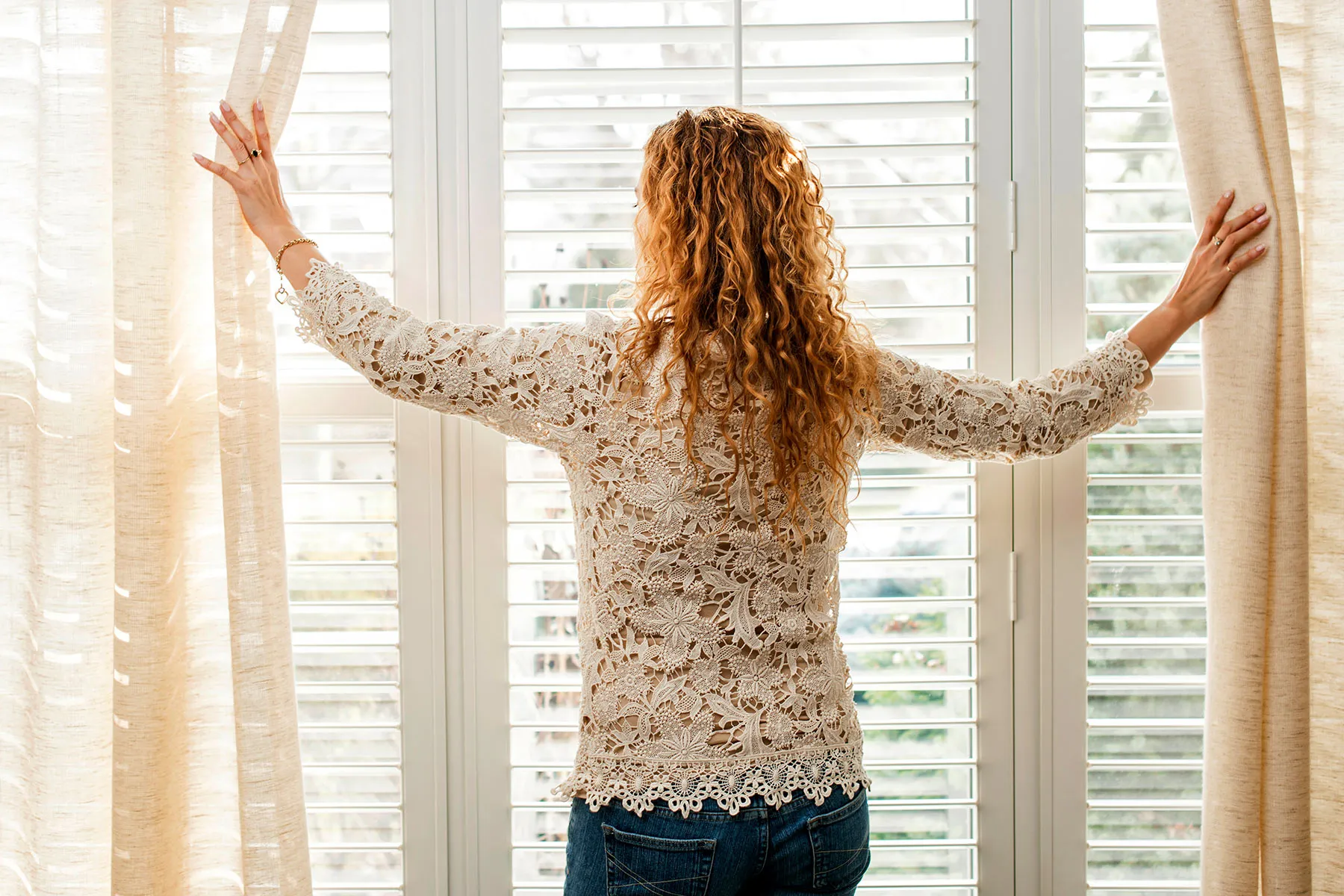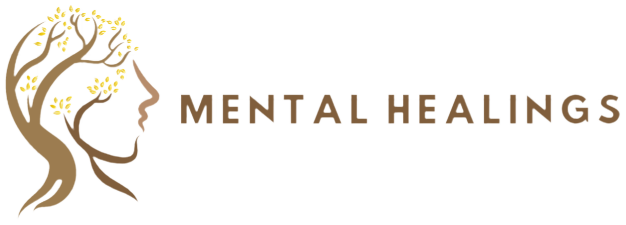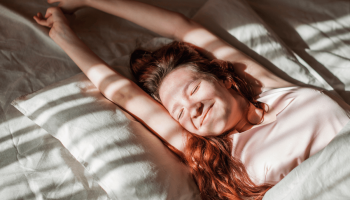
[ad_1]
Each of us has an innate sleep style that can affect every part of our lives, from personal to professional. Figuring out yours can help you get the most out of the hours you’re awake and improve the quality of your sleep.
What Is Sleep Style?
Your sleep style is your body’s natural tendency to sleep at a specific time, called its chronotype. You may naturally be an early riser or more likely to stay up late. Chronotype can affect everything from your desire for food and exercise habits, to even your core body temperature. Depending on your chronotype, you may feel more awake during one part of the day and drowsier at other times.
Chronotype is similar to circadian rhythm — your built-in body clock that dictates your sleep-wake cycle — but there are differences. Circadian rhythm responds to cues in the world around us, like light and room temperature. Your body then releases the hormone melatonin, which helps you sleep.
Chronotype, on the other hand, is more fixed. Researchers think your age, sex, and other genetic factors decide it.
Four Sleep Styles
To figure out your chronotype, think about what time you naturally wake up without commitments like work or school. It’s also when you feel most focused and alert. Four common sleep styles are:
Morning lark. Also known as early birds, you wake up bright and early. You’re also most productive in the morning, with activity tapering off in the evening.
Night owl. You usually don’t go to sleep until after 1 a.m. And you feel most alert later in the day, even though you may need to wake up early in the morning. Around 15% of people are night owls.
Hummingbird. Most of us fall somewhere between morning larks and night owls. Experts call this sleep type a hummingbird, and they think 55% of all people are in this group. You thrive following a standard daytime work schedule but still have enough energy for evening tasks.
Bimodal. Researchers are studying this fourth chronotype. Bimodal means you may have both morning and evening tendencies and peaks of activity at each time of day.
Your sleep style usually depends on your sex and can change as you grow older. Many teens, young adults, and biological men are night owls, while older adults and biological women tend to be morning types. Your genes may also play a role in your chronotype. Researchers think the longer the allele on a core gene of your circadian clock, the more likely you are to be a morning person.
The Impact of Sleep Style
So what happens when your natural sleep style clashes with day-to-day life? You may be a night owl but still have to wake up for work or school at 6 a.m. Then you catch up on sleep on your days off to make up for the sleep you missed. Experts call this difference between the things you need to get done and what your body craves “social jet lag.”
Many people change their sleep schedule on the weekend, then have trouble falling asleep on Sunday night as they’re trying to readjust for work the next morning. “It’s like changing time zones. It doesn’t work very well,” says Steven Feinsilver, MD, director of the Center for Sleep Medicine at Lenox Hill Hospital in New York City.
With social jet lag, you likely feel tired all the time, and it’s hard to focus when all your body wants is sleep. It can affect morning larks, too. If you usually go to bed early, you’re winding down as nighttime activities are ramping up. For example: a musician who has a gig that starts at 10 p.m.
Scientists have found that social jet lag can affect your mental and physical health. They’ve linked it to heart and blood vessel disease, obesity, and depression, but they need to do more research.
Tips to Fit Your Sleep Style
While you can’t change your chronotype, knowing it can help you figure out when you’re most productive and at your best socially and creatively.
Stick to a sleep schedule. If you’re having trouble getting enough shut-eye, it’s possible to tweak your built-in body clock for better sleep. “The secret of being a good sleeper is to get your circadian rhythm to match up with your sleep schedule,” Feinsilver says.
One of the most important things you can do is keep a regular sleep schedule. Wake up and go to bed at the same time every day, even on weekends.
Reserve your bed for sleeping. Limit the amount of time you spend in bed, a type of therapy called sleep restriction. Let’s say you’re typically in bed for 8 hours but only sleep for 6. Sleep restriction is when you’re only in bed for the number of hours you sleep. You’ll start to sleep better, and little by little, you can spend more time in bed as long as it’s not disrupting your rest.
Wake your body. When you awake in the morning, open your blinds or turn on the light, eat a bit of food, and exercise. They act as cues to turn on your body clock.
Although these tips may work no matter your sleep style, it’s much harder to change the circadian rhythm of those who are more active after the sun goes down, like night shift workers. Your body clock may adapt to a schedule of working at night and sleeping during the day. But if you take a few days off, it will probably revert to a standard way of sleeping.
“Humans never adjusted very well to being nocturnal animals,” Feinsilver says. “You can’t fool mother nature.”
[ad_2]
Source link






